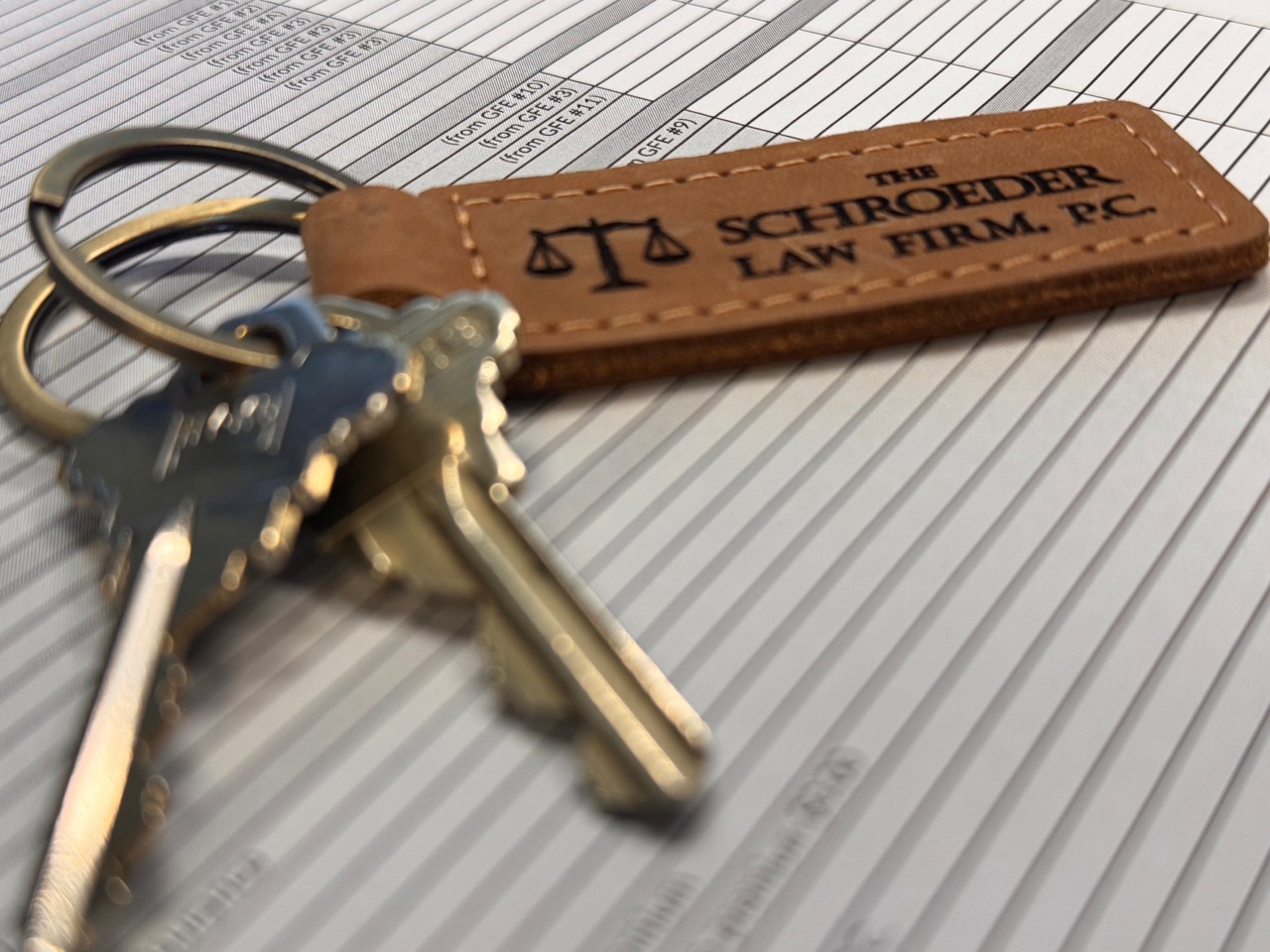Understanding the closing process and how and when funds are disbursed is an important part of your real estate transaction. When we serve as settlement agent, we are acting as an escrow agent in a fiduciary capacity (a position of trust) to ensure that the purchaser receives the deed and clear title to the property they are purchasing, the lender has their lien properly perfected, and the seller receives the proceeds from the sale.
Under Virginia law (Va. Code § 55.1-903), settlement and disbursement must occur in the following order:
- Settlement
- Recording
- Disbursement
When Does “Settlement” Occur?
“Settlement” means “the time when the settlement agent has received the duly executed deed, loan funds, loan documents, and other closing documents and funds required to carry out the terms of the contract between the parties, and the settlement agent reasonably determines that prerecordation conditions of such contracts have been satisfied.” (Va. Code § 55.1-900)
“Settlement” does not always occur on the closing date. Sometimes sellers or purchasers sign remotely on the closing date but the settlement agent does not receive the signed papers by FedEx until the following business day. Most lenders require that their loan documents be signed on the closing date, so if a purchaser is signing loan documents remotely, this will always delay “settlement.” Some lenders require that we upload copies of signed loan documents to the lender to review before they will initiate their wire. Sometimes there are delays in receiving wires from a purchaser or lender (once initiated, wires can take up to four hours to move through the Federal Reserve system). Therefore, these sort of things can sometimes delay “settlement” beyond the closing date.
When Does Recording Occur?
Once “settlement” occurs, the settlement agent must then record the relevant documents (deed and/or deed of trust) in the land records within two business days of “settlement.” We will work quickly to do this once “settlement” has occurred. If the property is in Floyd County, we will hand-deliver the documents to the clerk and the clerk will immediately process the documents. For other counties, we will submit documents electronically for e-recording. Once we submit the documents electronically, the clerk of court will then need to process and record the documents. Depending on the clerk’s office (some are quicker than others) and how busy they are, this could be immediate or could take a few hours. Some clerk’s offices will not accept documents for recording after 4 PM, so if “settlement” occurs late in the day, recording may not occur until the following business day.
Why Does Recording Have to Occur Before Disbursement?
You might be wondering why Virginia law requires that recording occur before disbursement. Immediately before recording the document(s), we do a quick search of the land records to make sure nothing new has been recorded in the land records since the initial title search was completed. Although rare, sometimes a mechanic’s lien or judgment against the seller or owner of the property may be recorded between the time of the initial title exam and the time of recording the deed. It is also possible that the seller may have deeded the property to someone else during that interim period. If something like this happens, we would postpone recording until the lien or other adverse matter can be resolved in some way to ensure that the purchaser and lender will receive clear title. Because of the possibility of finding a new adverse matter recorded in the land records just before recording, disbursement cannot take place until after the title update and recording.
When Do I Receive my Proceeds?
Once we get confirmation from the clerk that the documents are recorded, we are ready to disburse funds. Issuing a check is the quickest way for us to disburse funds. If a wire transfer is requested, we will need to carefully key in the wiring instructions, and our security protocols require that both a paralegal and an attorney in the office review and approve all outgoing wires. We will work quickly to do this once recording has occurred, but please be patient as we probably have other closings and appointments scheduled that day. Once the outgoing wire request is initiated, the wire could take up to four hours to move through the Federal Reserve system before it reaches your bank account.
When Can I Take Possession of the Property?
Consult your real estate contract for the answer to this question, but most real estate contracts say that a purchaser may take possession of the property at “settlement.” As mentioned above, “settlement” is when the settlement agent has all of the signed documents and closing funds in hand. The purchaser should keep in mind that “settlement” may not occur on the closing date for the reasons outlined above. If possession of the property is needed before “settlement,” the purchaser should discuss this with your realtor to see if an agreement can be reached with the seller for pre-settlement possession. The seller should keep in mind that a purchaser will generally be permitted to take possession of the property before recording and disbursement, “settlement” being the only prerequisite.
Our firm handles all kinds of real estate transactions, including residential and commercial purchases, refinances, construction loans. Please let us know if we can assist you with your real estate transaction.




